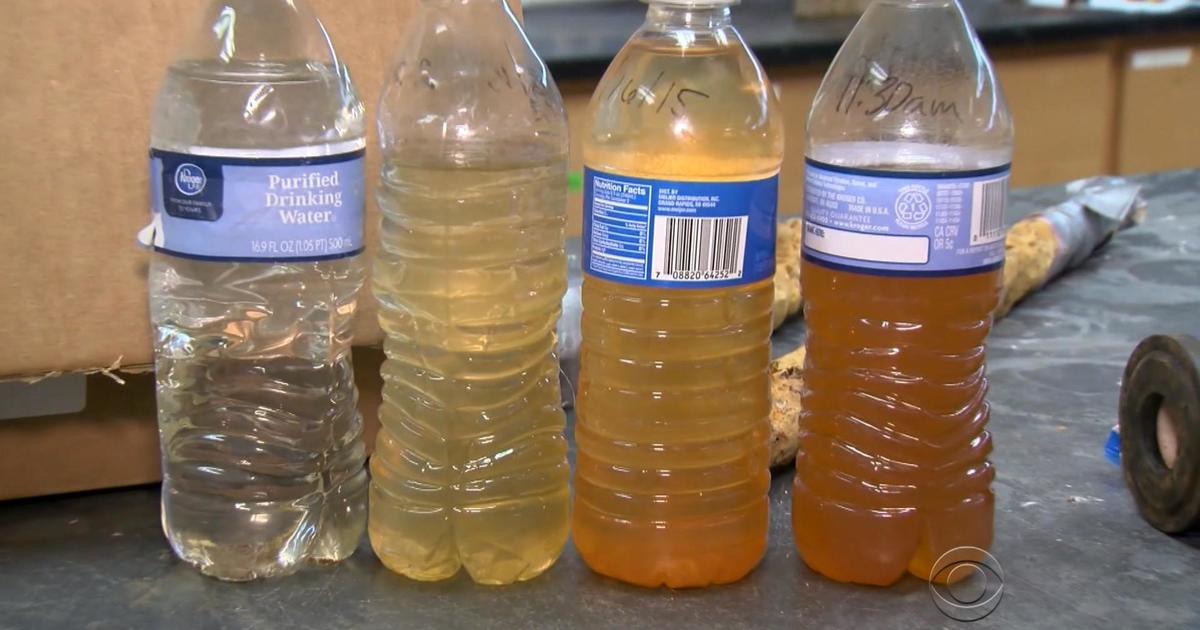Pan-African not-for-profit, Corporate Accountability and Public Participation Africa (CAPPA) Thursday called for justice for victims of the Flint water crisis that rocked the town of Flint, Michigan in 2014.
CAPPA, in a statement by its Executive Director Akinbode Oluwafemi, lamented that 10 years after, those indicted for the hazard, have not been held accountable.
The Flint water crisis was a human-made public health crisis between April 2014 and June 2016 involving the municipal water supply system of Flint, Michigan. Tens of thousands of Flint residents were exposed to dangerous levels of lead, and outbreaks of Legionnaire disease killed at least 12 people and sickened dozens more.
Oluwafemi said: “Today, Corporate Accountability and Public Participation Africa (CAPPA) solemnly commemorates the Flint water crisis, a tragic chapter in human history that unfolded ten years ago. We stand shoulder to shoulder with the people of Flint, Michigan, as we reflect on the hardships they endured in 2014 when their water supply was changed from Lake Huron to the Flint River without proper checks and the lasting impacts they continue to face. This occasion serves as a stark reminder of the urgent need for justice, reparations, and healing for the affected community.
“The Flint water crisis was a devastating betrayal of trust and a profound failure of governance that resulted in the exposure of thousands of residents to lead-contaminated water. The consequences of this man-made disaster have been far-reaching, particularly for children.
“The ethos of a just society is in its unwavering commitment to justice and accountability as foundational principles. Those responsible for allowing this hazard to unfold should be held accountable for their actions. We are deeply troubled that, even after a decade, criminal charges have not been brought against the then-governor of Michigan, despite evidence of negligence and indifference. Veolia, the private water corporation and offender has also not been held accountable for the role it played in the crisis by advising the government wrongly and insisting that the water was safe for consumption even when consumers raised the alarm.
He noted further that the $600 million financial compensation earmarked for the victims was yet unpaid.

Oluwafemi said: “The road to full recovery for the people of Flint remains distant, and the necessary steps to rectify this calamity have been inadequate at best. Financial settlements, amounting to over $600 million from the state of Michigan, intended to compensate for the physical, emotional, and financial hardships endured by the victims, remain unpaid a decade later. Other settlements from Veolia and Lockwood, Andrews & Newman have also not been claimed up till today while these corporations maintain that they ‘stand by their work in Flint’.
“Also, the corroded and damaged water infrastructure in several parts of the Flint community remains unaddressed, despite promises by the government. Access to safe and clean drinking water is an inalienable human right, and no community should ever face the risk of lead exposure due to crumbling or contaminated infrastructure. It is crucial that sufficient resources are allocated to urgently replace all affected pipes.
“Although Flint has since switched its water back to the Detroit system, the Flint water crisis is far from over. The short- and long-term health effects of lead exposure for 18 months, particularly on children, cannot be underestimated. These effects will continue to impact the lives of the affected individuals for decades to come. We demand the establishment of comprehensive healthcare services, including regular lead testing, monitoring, and treatment, for all those affected. Additionally, educational programs and support services should be put in place to address the developmental and educational needs of children impacted by the crisis.
“Lastly, we emphasize the urgent need for transparent and accountable governance to prevent the recurrence of such a catastrophic failure. Decisions concerning public health and essential services must prioritize the well-being, safety, and environmental justice of the community. The profit-driven logic that fueled the Flint water crisis must never be allowed to repeat itself.
“CAPPA stands in solidarity with the people of Flint, reaffirming our unwavering commitment to seeking justice and advocating for their rights. After 10 years, the people of Flint deserve meaningful, sustainable solutions. Together, let us work towards healing, rebuilding trust, and fostering a future where every person has access to clean water, their health is protected, and their rights are upheld. The people of Flint deserve nothing less.
“We also stand with other communities worldwide that are confronted with the challenges arising from the privatization of public water utilities. We reiterate our call for democratic, public ownership, and control of water infrastructure for all communities. Clean water remains a fundamental right accessible to all.”


